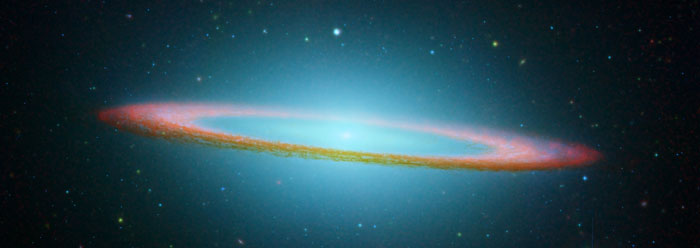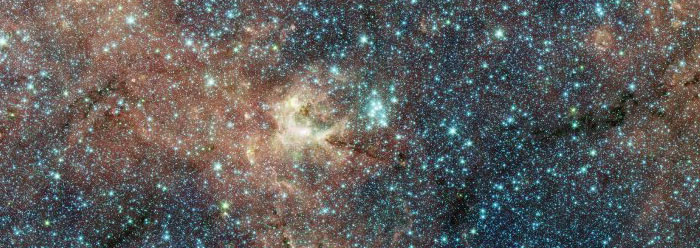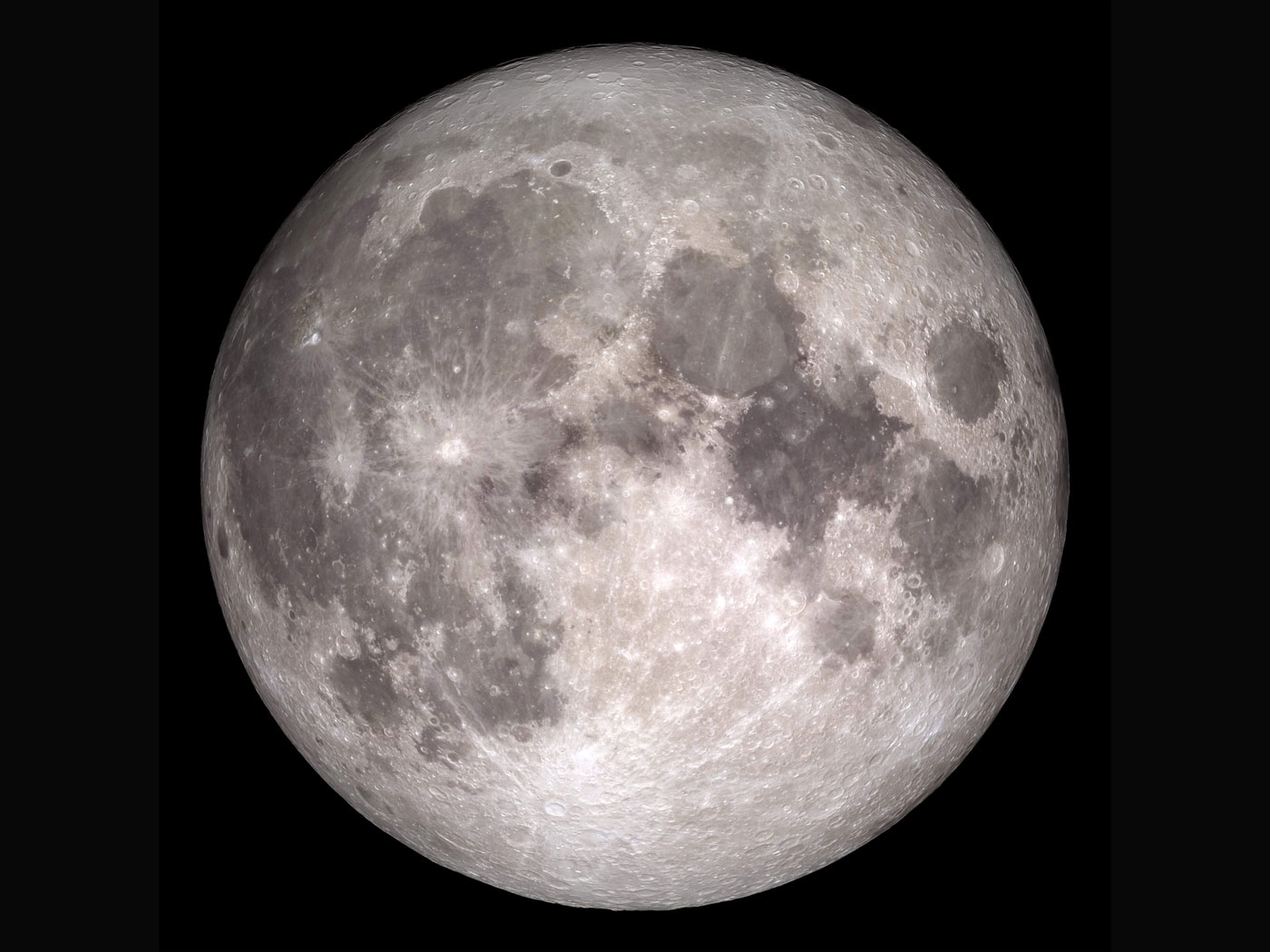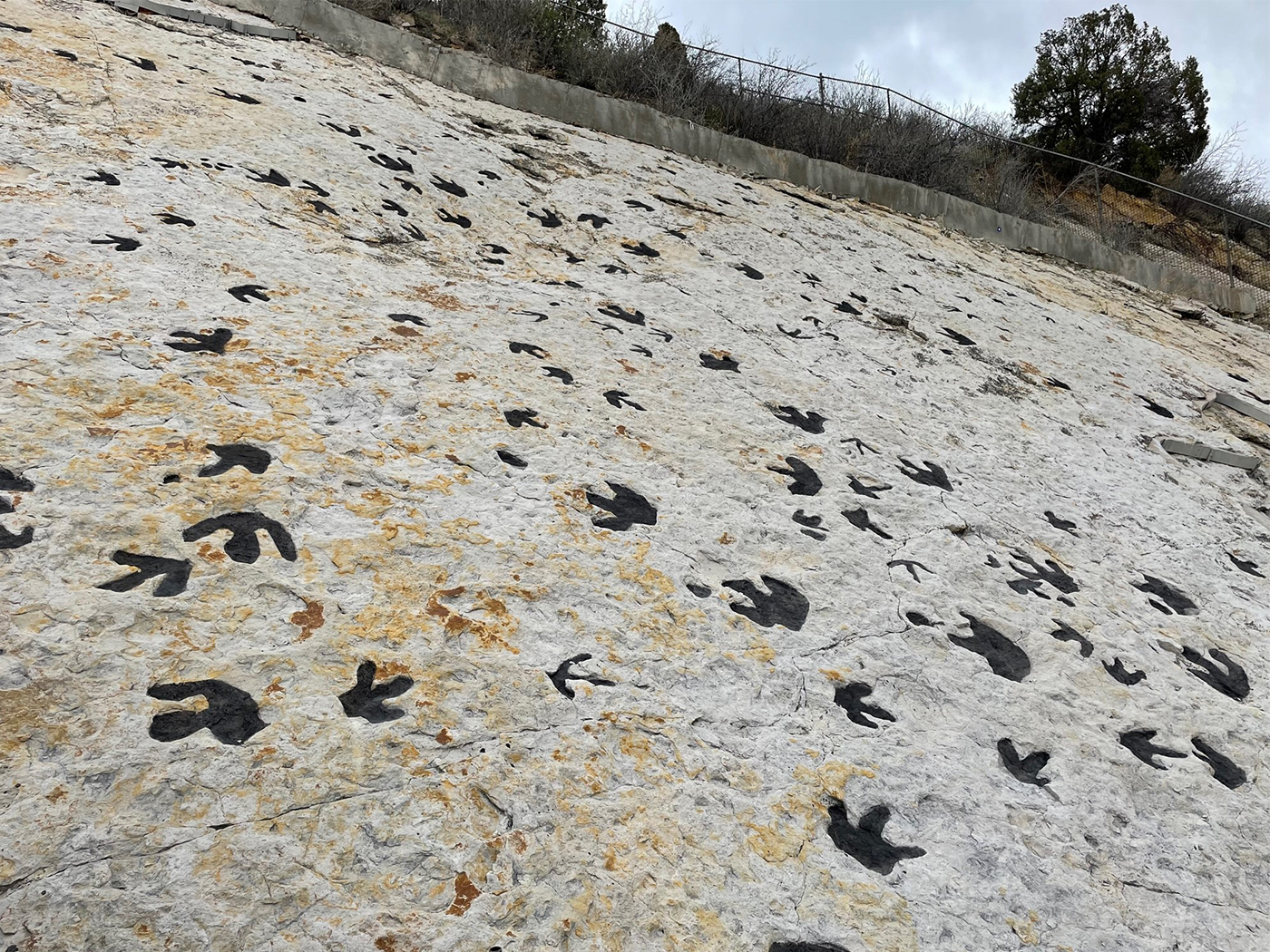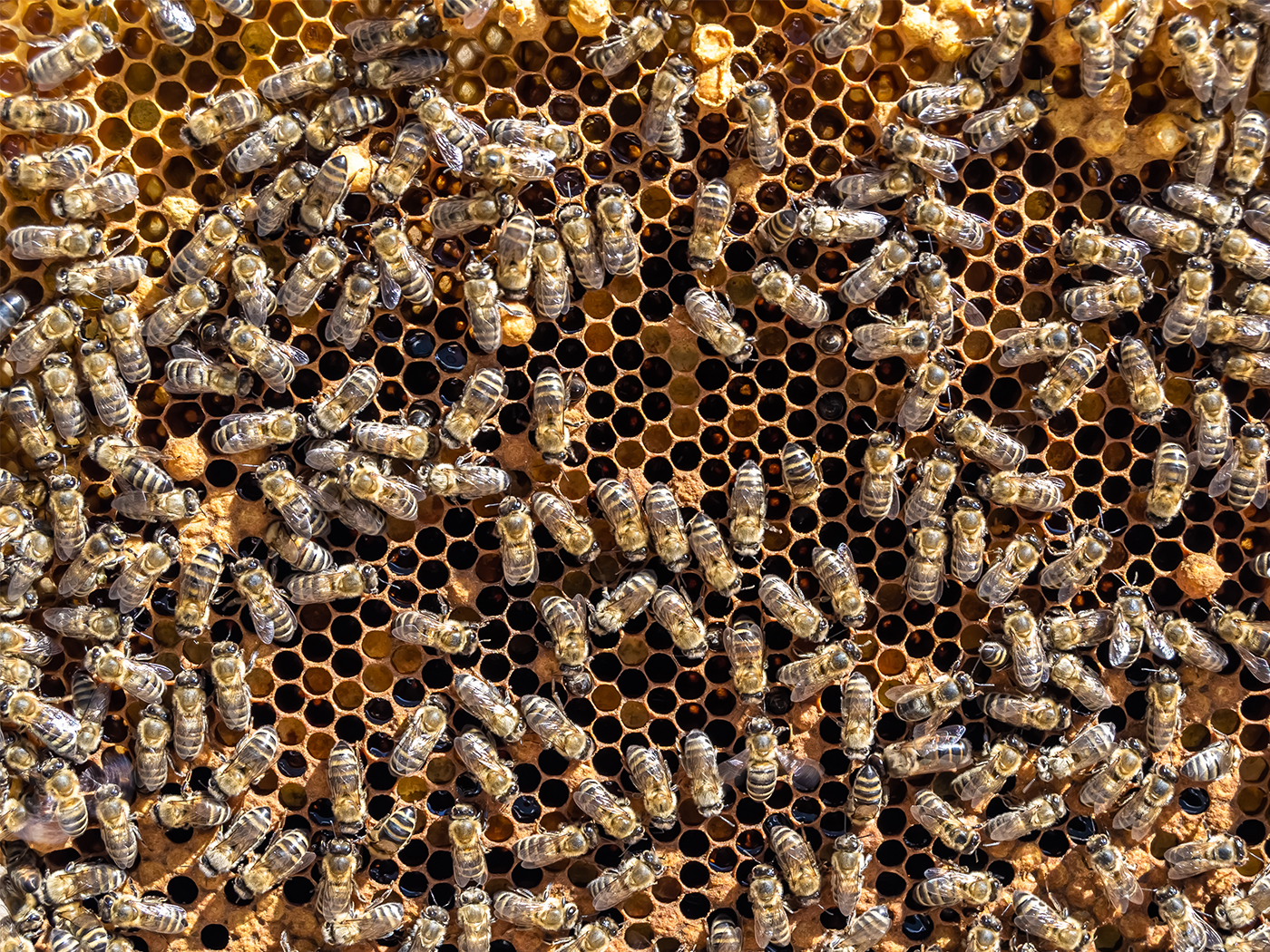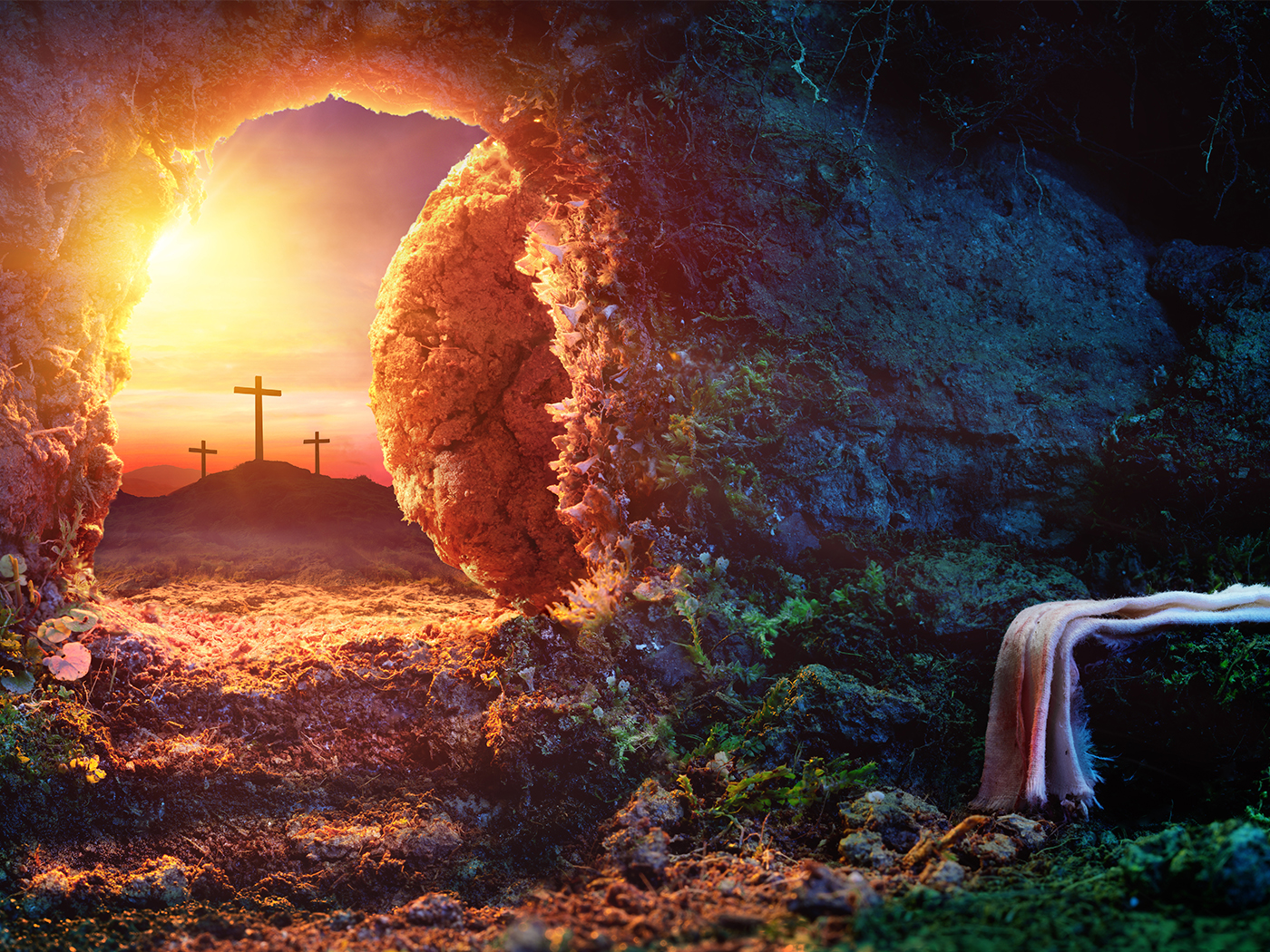Every known system degenerates. Metal rusts, food rots, and flowers wither. Even something as large as the universe will eventually run down. How much usable and still-ordered energy remains in the universe?
Australian researchers have generated a new estimate, one that includes the energy-destroying effects of “supermassive black holes.” Their computations indicate that the universe is perhaps 30 times more run down than similar estimates published just last year.
After adding in “the contributions of black holes 100 times larger than those considered in previous budgets,” co-authors Chas Egan and Charles Lineweaver reported in the Astrophysical Journal that the universe is at least an order of magnitude more run down than secular astronomers once thought.1
The largest contributor by far to universal entropy (a measure of usable energy) is generated by supermassive black holes, according to the published study. Evidence of these, as well as the smaller “stellar” black holes, has been found mostly in galactic cores. Black holes rapidly randomize ordered forms of energy and matter, turning them into heat that then dissipates.
Though some of the assumptions used in the Egan and Lineweaver study rely on aspects of Big Bang cosmology, a large portion of the computed entropy was derived from temperature and volume measurements or estimates. A host of other observations has demolished the Big Bang theory,2 but the very fact that the universe is slowing down is both counter to evolutionary assumptions and supportive of biblical creation.
Lineweaver said in an Australian National University press release, “Contrary to common opinion, the maintenance of all the complicated structures we see around us―galaxies, stars, hurricanes and kangaroos―have the net effect of increasing the disorder and entropy of the universe.”3 The longstanding scientific observation of continually decreasing order in all systems contradicts the evolutionary doctrine that order has spontaneously increased.4 But evolution’s simple-to-complex story has been so uncritically accepted that it isn’t surprising that the science of entropy, which calls that story into question, is not as well known.
Since the universe is currently unwinding through natural processes, it stands to reason that at some point it was intentionally “wound up” by something outside of the universe. This corresponds well with the Bible’s assertion that “in the beginning God created the heaven and the earth.”5
In fact, the culmination of the heavens wearing down was mentioned in the book of Isaiah, to whom God said, “Lift up your eyes to the heavens, and look upon the earth beneath: for the heavens shall vanish away like smoke, and the earth shall wax old like a garment, and they that dwell therein shall die in like manner: but my salvation shall be for ever, and my righteousness shall not be abolished.”6
Egan and Lineweaver suggested that future research could use their new numbers to recalculate how much time the universe has left. But failing to consider revelation from the God of creation must lead to confusion over the ultimate questions of origin and destiny. Whereas evolutionary scientists can be sure that the universe is running down—though unsure about when it started or how it will end—God states that “all the host of heaven shall be dissolved, and the heavens shall be rolled together as a scroll,”7 “and the stars shall fall from heaven,”8 so that He can establish “new heavens and a new earth, wherein dwelleth righteousness.”9 This present universal economy will be supernaturally restructured long before it fizzles out.
References
- Egan, C. A., and C. H. Lineweaver. A Larger Estimate of the Entropy of the Universe. Astrophysical Journal. 710 (2): 1825-1834.
- Gish, D. 1991. The Big Bang Theory Collapses. Acts & Facts. 20 (6).
- Astronomers: The end is nigher than we expected. Australian National University press release, January 25, 2010.
- Morris, H. 1985. Does Entropy Contradict Evolution? Acts & Facts. 14 (3).
- Genesis 1:1.
- Isaiah 51:6.
- Isaiah 34:4.
- Matthew 24:29.
- 2 Peter 3:13.
Image credit: NASA
* Mr. Thomas is Science Writer at the Institute for Creation Research.
Article posted on February 9, 2010.




